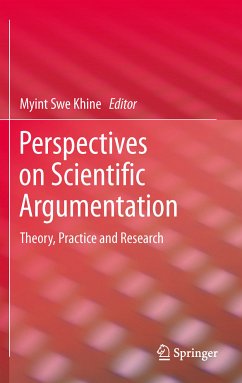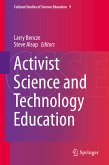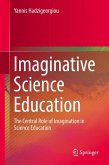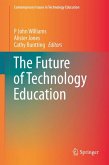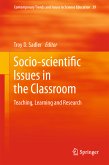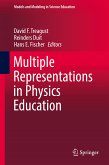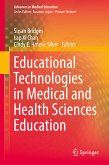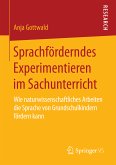Perspectives on Scientific Argumentation brings together prominent scholars in the field to share the sum of their knowledge about the place of scientific argumentation in teaching and learning. Chapters explore scientific argumentation as a means of addressing and solving problems in conceptual change, reasoning, knowledge-building and the promotion of scientific literacy. Others interrogate topics such as the importance of language, discursive practice, social interactions and culture in the classroom. The material in this book, which features intervention studies, discourse analyses, classroom-based experiments, anthropological observations, and design-based research, will inform theoretical frameworks and changing pedagogical practices as well as encourage new avenues of research.
"This book critically examines argumentation in science classrooms both in terms of underlying theories and practical application.It describes the most recent research into a topic that has already become one of the most important in science education this decade. I commend it to researchers, teachers and policy-makers alike."
Justin Dillon
Professor of Science and Environmental Education, King's College London
President, European Science Education Research Association (ESERA)
Justin Dillon
Professor of Science and Environmental Education, King's College London
President, European Science Education Research Association (ESERA)
Dieser Download kann aus rechtlichen Gründen nur mit Rechnungsadresse in A, B, BG, CY, CZ, D, DK, EW, E, FIN, F, GR, HR, H, IRL, I, LT, L, LR, M, NL, PL, P, R, S, SLO, SK ausgeliefert werden.
Justin Dillon
Professor of Science and Environmental Education, King's College London
President, European Science Education Research Association (ESERA)

